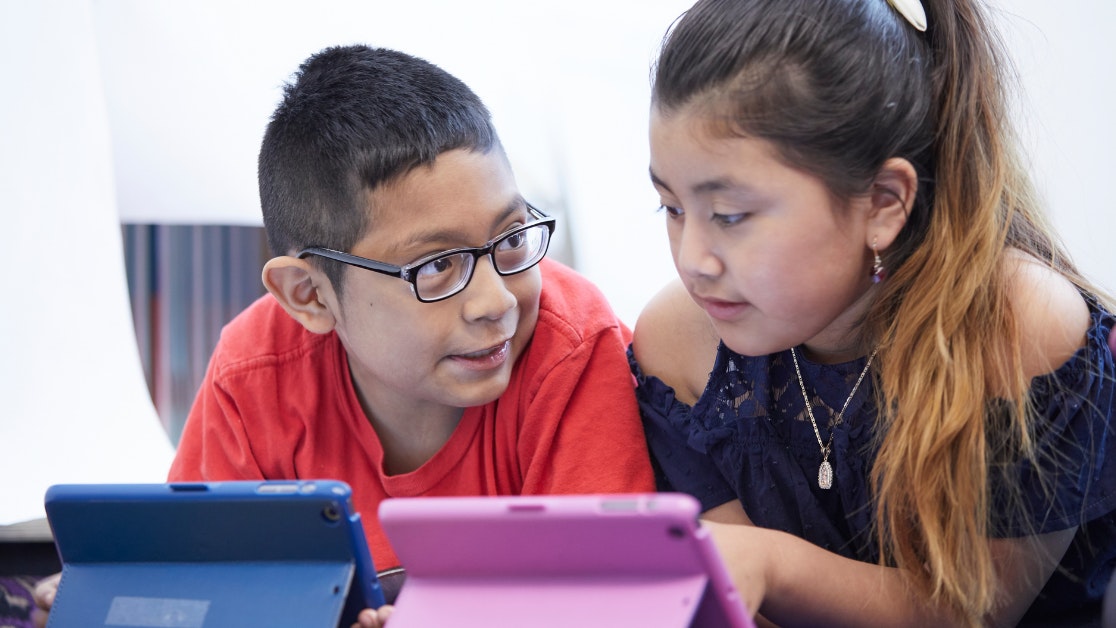Homepage
•
Learning Library
•
Blog
•
3 Ways School Leaders Can Support Digital Citizenship
Expand breadcrumbs
Expand breadcrumbs
- Learning Library
- Blog
- 3 Ways School Leaders Can Support Digital Citizenship
- Homepage
- •
- Learning Library
- •
- Blog
- •
- 3 Ways School Leaders Can Support Digital Citizenship
3 Ways School Leaders Can Support Digital Citizenship
By Carrie Rogers-Whitehead
February 28, 2023








